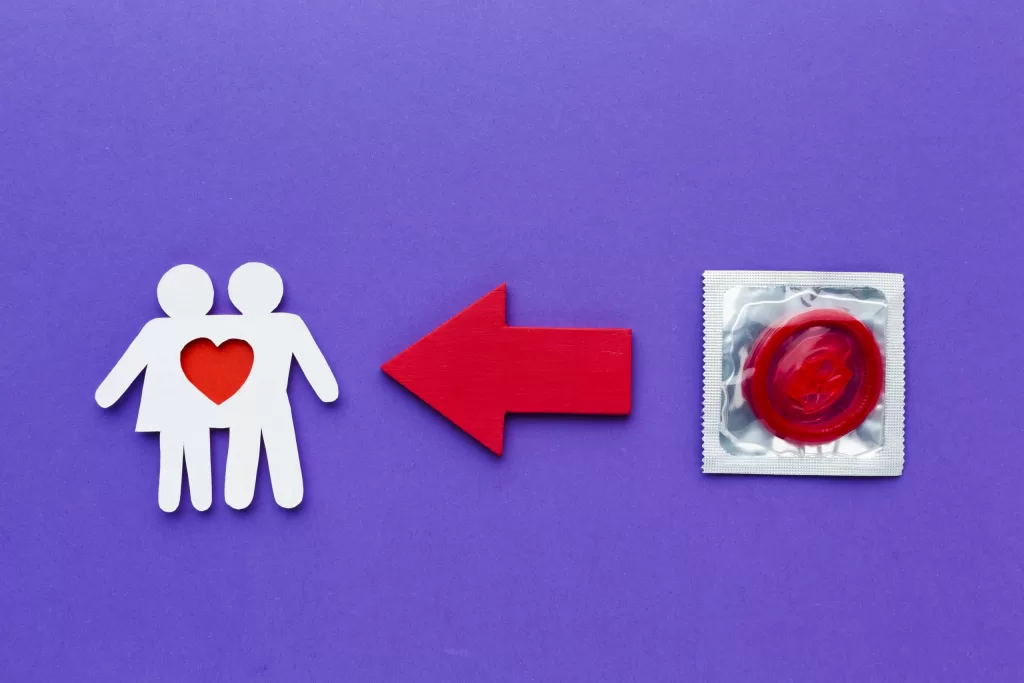B-Wise breaks taboos, supports sexual literacy and promotes healthy conversations
larming data reveals that, while an estimated 19.5% of South Africans aged 15-49 are HIV positive, knowledge about HIV prevention among young people (15-24) stands at a mere 45.8%. This highlights the urgent need for relatable sex education and reliable sources of information to promote sexual literacy. In the context of ongoing stigma and a surfeit on standard health promotion on these topics, it has become increasingly important to address this need in a positive way that is non-judgmental and of real interest to youth. With an inexpensive and easy-to-access mobile tool, B-wise through its WhatsApp chatbot, the Department of Health and partner NGOs, are seeking to provide young people with crucial health information needed.
In today’s digital age, the power of technology and online platforms to drive societal and behavioural change cannot be underestimated. Taking advantage of technology that youngsters already have in their hands, the chatbot is designed to meet the hunger for knowledge expressed by South African youth. Insights from the platform reveal that the most popular topics are related to sexuality. Topping the list is “tips on sexual pleasure” with “safer sex” not far behind. Other popular content includes queries about orgasms and the acceptability of masturbation. These findings highlight the curiosity and eagerness of young people to explore their sexual well-being in a responsible and informed manner.
“The B-wise chatbot aims to be a transformative force in the lives of South African youth. The chatbot provides them with a safe and non-judgmental space to get accurate health information and engage in healthy conversations about sexuality and relationships. The matter-of-fact approach to talking about intimate topics helps break down taboos, and empowers young individuals to make informed decisions, prevent the spread of STI including HIV, unplanned pregnancy and lead a positive healthy lifestyle fulfilling lives.” says Foster Mohale, spokesperson for the National Department of Health.
This straight-talking approach is particularly important, as topics related to sex and sexuality continue to be largely taboo in South Africa. This cultural silence perpetuates a lack of understanding, leading to numerous negative consequences. For instance, the number of pregnant school girls is continuously increasing, with as many as 26,515 girls between the ages of 10 and 19 reported as pregnant in KwaZulu-Natal, including 1,254 girls aged 14 or younger.
“Taboos around sex contribute to sexual illiteracy and its increased risks. Youngsters want information and they end up getting it from unreliable and misleading sources. This can lead to engaging in inequitable and risky sexual relations, and can increase the likelihood of sexually transmitted infections (STIs) and unintended pregnancies,” says Mohale.
Sexual literacy plays a crucial role in empowering individuals to make informed decisions about their sexual health and well-being. It involves gaining accurate knowledge about sexual rights, responsibilities, and practices. The Department of Basic Education introduced Comprehensive Sexuality Education (CSE) nearly 20 years ago within the subjects of Life Orientation and Life Skills. CSE was developed to ensure that learners receive scientifically accurate information and develop positive values and attitudes towards sex, sexuality, gender, and relationships.
The B-wise chatbot is an excellent companion service that promotes healthy relationships, good mental health and sexual literacy outside of the classroom space.
Need to have all your burning questions on mental health, sexual health and more answered? WhatsApp ”Hi” to +27 60 071 7844 and follow the prompts to sign up and access the B-Wise chatbot.






























